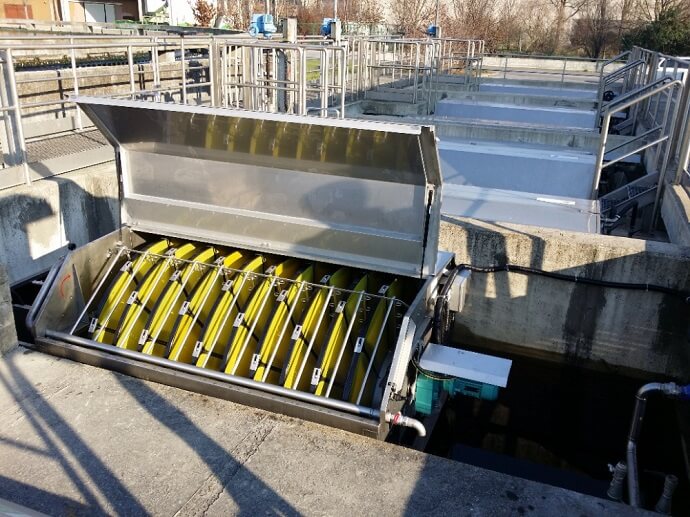APPLICATION
TREATMENT OF DRINKING AND PROCESS WATER
Drinking water is usually produced by treating water from various sources. Groundwater (wells, boreholes) and surface water (dams, reservoirs, lakes, streams) are the most often used. For all these sources, ultrafiltration is a suitable technology, used also in combinations with other processes: coagulation, oxidation by Fe, Mn, disinfection, ion-exchange technologies, reverse osmosis and others. The use of ultrafiltration secures excellent results even with dynamic changes in the raw water quality, e.g. during long-lasting rains, spring thaws and periods of drought, usually characterized by higher turbidity and concentration of undissolved substances caused by flushing or the growth of microscopic algae. Ultrafiltration itself represents an effective physical disinfection of water, so there is no need to dose as much disinfection agents in the distribution network as in the case of conventional filtration. In spite of that, the hygienic security of water is on a significantly higher level – therefore we talk about a multi-barrier arrangement, which is currently a worldwide trend in water treatment and recycling.
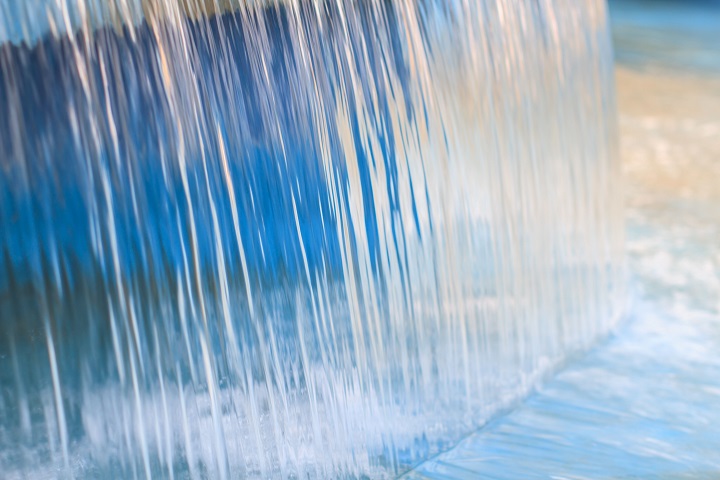
Recommended processes and technologies:
Ultrafiltration MINT®
Nanofiltration and reverse osmosis
Container systems MINT®
Disc and drum microfiltration
WATER RECYCLING
We are your partner in the implementation of water recycling technologies.
Why to recycle (waste) water?
- Recycled water always saves the primary source.
- Recycled water can be a crucial water source during periods of drought resulting from climate changes.
- Current processes and technologies are able to prepare water exactly in the required quality and hygienically safe for further use.
- Recycling and reuse of water is a new environmental standard and can very interesting economically as well.
- In some cases, recycling can be surprisingly easy and require low investments.
Economically interesting applications:
- in the food industry (fruit and vegetable processing, dairy, meat and fish processing) – primarily recycling for use in primary CIP rinses,
- refrigeration circuits in industry and power engineering,
- at the outflow from municipal and industrial wastewater treatment plants,
- in the operations of swimming pools and water parks, where not only water but also heat is recycled,
- in hotel resorts – especially in places with water shortage.
Our offer
- Water management audit with the definition of water flows suitable for recycling and source balance.
- Proposal of technology and links to the existing water supply system.
- Pilot testing.
- Assessment of the installation suitability, including economic parameters.
- Technological support in project preparation.
- Container solution, bringing easy and fast installation of technology.
- Comprehensive deliveries, assembly and commissioning of turnkey technology.
- Technological and service support during operation, including supplies of chemicals, remote monitoring and regular inspections – CARE Program.
Recommended processes and technologies:
Ultrafiltration MINT®
Nanofiltration and reverse osmosis
Container systems MINT®
FOOD INDUSTRY
Quality treated and safe water is essential in the food industry. Modern treatment procedures are able to prepare water in stable quality exactly in accordance with its specific use. In processing agricultural products, it is possible to recycle water using ultrafiltration and other processes for primary rinsing use, which ensures savings in places with the highest water consumption. Recycling technology brings significant water savings and less dependence on external sources in periods of drought.
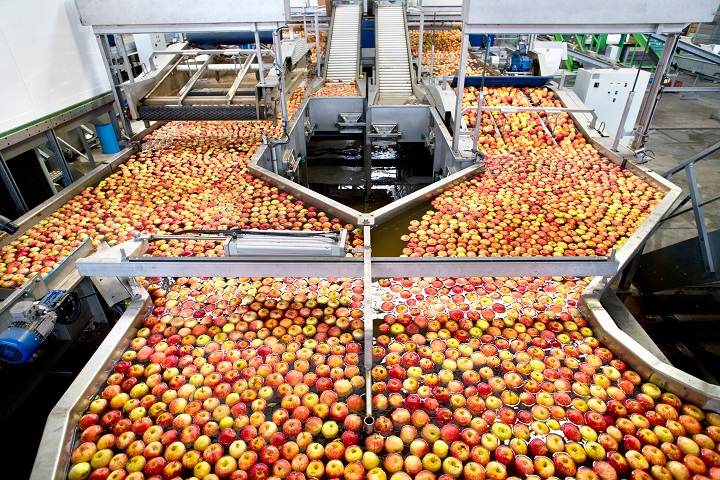
POWER ENGINEERING
Water is an essential medium in the production of energy and heat. In periods of drought and water stress, the rightly selected water treatment and recycling technology is crucial for smooth operation. Ultrafiltration is a perfect pretreatment before reverse osmosis, protecting it against collapse thanks to the stable quality of the filtrate even at fluctuations of the inlet water quality. Treatment and recycling of cooling water save primary sources. All of this brings economic benefits and advantage over the competition.
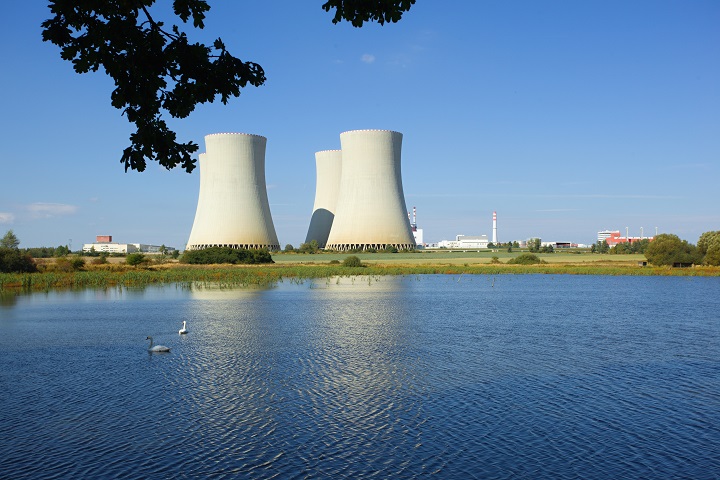
AGRICULTURE
Drought and intensive cultivation methods set high demands on the sources and quality of irrigation water. Modern technologies of water treatment are able to prepare irrigation water in the required quality from sources that could not be used for irrigation – for instance recycled wastewater (recycling), saline water etc. The use of quality treated water for irrigation has a few fundamental advantages:
- stable quality of water without undissolved substances, bacteria, viruses and salts,
- high content of nutrients (nitrogen and phosphorus) when using recycled municipal water,
- environmental effect – savings of groundwater sources, less salinity of the landscape.
Irrigation with quality treated or recycled water brings higher yields and savings in operating costs. It is used especially in intensive production of fruit and vegetables and growing in greenhouses, including hydroponics.
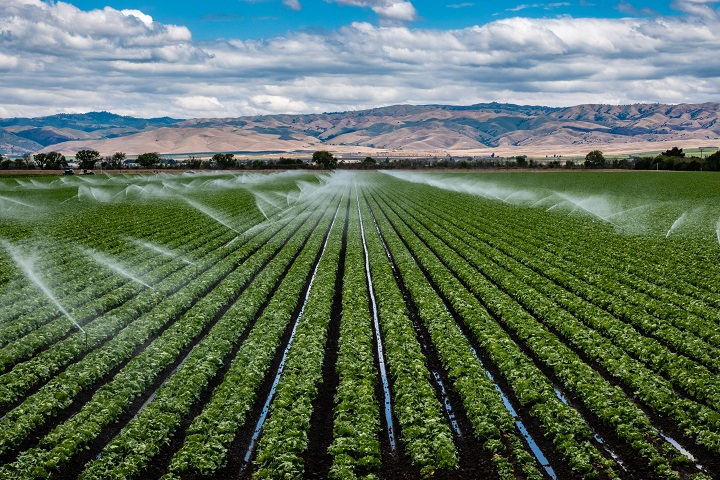
WELLNESS – HOTELS, SWIMMING POOLS, SPAS
Wellness is a broad concept meaning the path to the harmony of mind, soul and body and water plays a crucial role in this path, whether it is water in the swimming pool where we immerse our tired body, safe water without legionella in the hotel shower, recycled water used to irrigate the hotel resort garden or suitably treated water for the use in the hotel laundry. In the area of wellness, mainly the following apply:
- local treatment or post-treatment of water (water treatment), so that the entire resort has healthy and safe water = free of bacteria, viruses and legionella
- recycling of pool, grey and waste water (recycling) for further use, e.g. in irrigation,
- treatment and recycling of water for laundries, where quality water leads to substantial savings of detergents and equipment wear.

WATER PARKS
Behind premises visible to visitors, each swimming pool and water park has a part of equal importance – technology of filtration and water treatment securing clean and healthy water in pools and fulfilment of legislative requirements. Ultrafiltration technology gives operators a new perspective of the quality and economy of pool water filtration.
Ultrafiltration as a replacement of sand filtration for extraordinarily loaded pools (whirlpools, children’s pools) ensures highly efficient filtration, including the catching of bacteria and viruses as early as in the filtration stage. The result is perfectly pure water with a high degree of hygienic security.
Recycling of washing water from sand filters is a new environmental standard for pool operators. Using this technology, up to 75 % of water can be returned to operation, which leads to substantial savings in operating costs thanks to savings in water and sewage fees and heating energy. The returnability of such technology is two to four years!
Ultrafiltration as a replacement of standard sand filtration is installed in the recirculation circuit in the same manner as sand filtration.
Thanks to more than double filtration efficiency, it is possible to reduce the recirculation intensity, as already incorporated in the German standard of DIN1643. According to this standard, it is possible to design half of the recirculation intensity when using ultrafiltration, compared to the use of sand filtration.
When using ultrafiltration as a replacement of sand filtration, it is also possible to use the related technology of recycling washing water which is produced by the cleaning of ultrafiltration membranes.
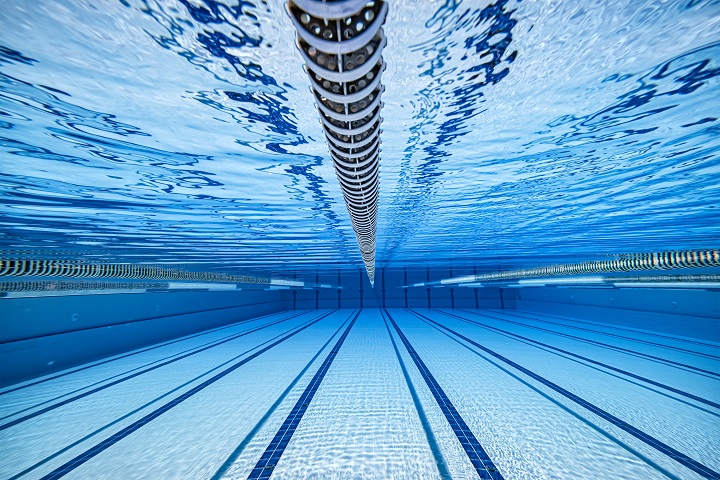
Case study
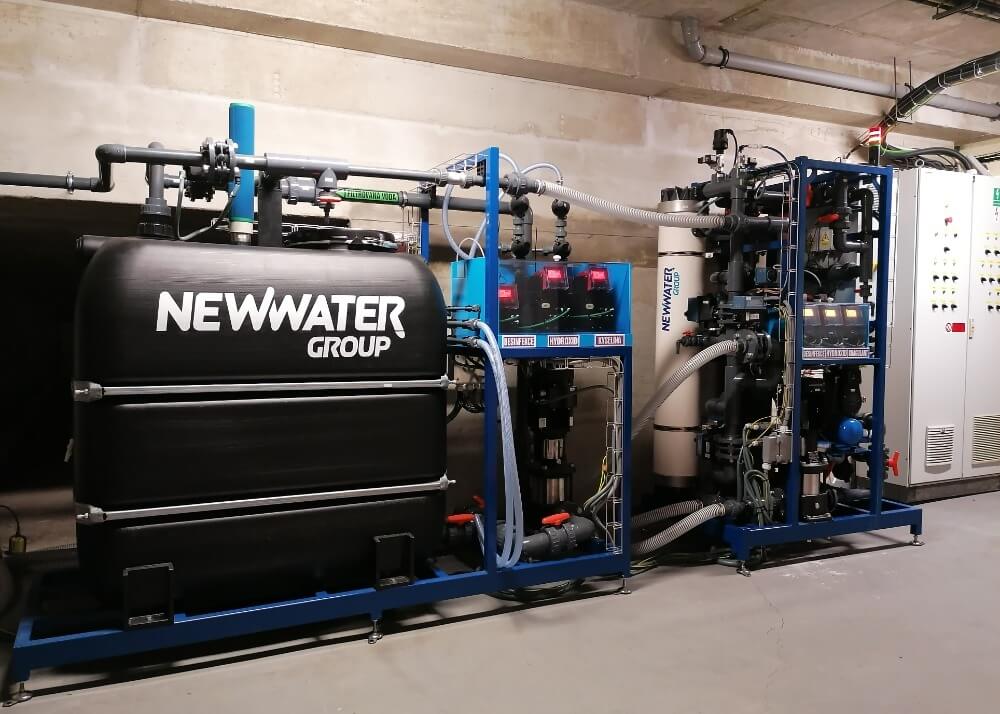
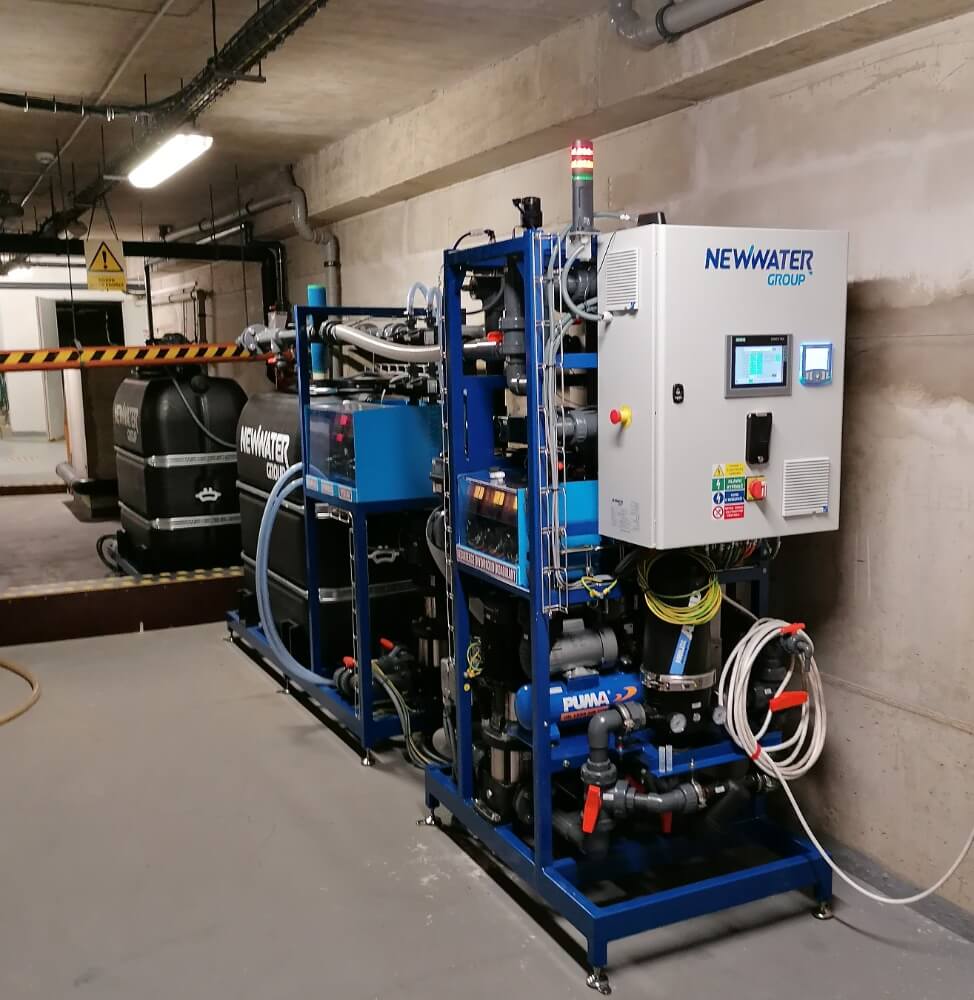
ZOOs AND AQUARIA
Many pavilions in ZOOs are equipped with water features, and for some expositions, pools and aquaria are essential. Visitors are enchanted by the attractive view directly into the living space of underwater creatures. This can only be ensured by perfectly clean and pure water. Ultrafiltration is an ideal technology for such application. The filtration efficiency is many times higher than in sand filters and the process removes undissolved substances, including colloids, which ensures perfectly pure water. In addition, ultrafiltration captures bacteria and viruses, which increases the health security of water.

MUNICIPALITIES AND CITIES, OPERATORS OF WASTEWATER TREATMENT PLANTS
Recycled municipal wastewater (recycling) is a valuable source of utility water, which can be used for irrigation and watering of municipal land. Current technologies can prepare safe recycled water that saves primary sources and is also economically interesting.
Ultrafiltration technology is significantly more efficient than sand filtration and increases the robustness of health security of water treatment thanks to the catching of viruses and bacteria. The economy of technology operation is similar to sand filtration but the result is water with stable high quality
All these technologies can be delivered "packaged" in containers, which minimizes the requirements for construction work and helps securing alternative water resources.
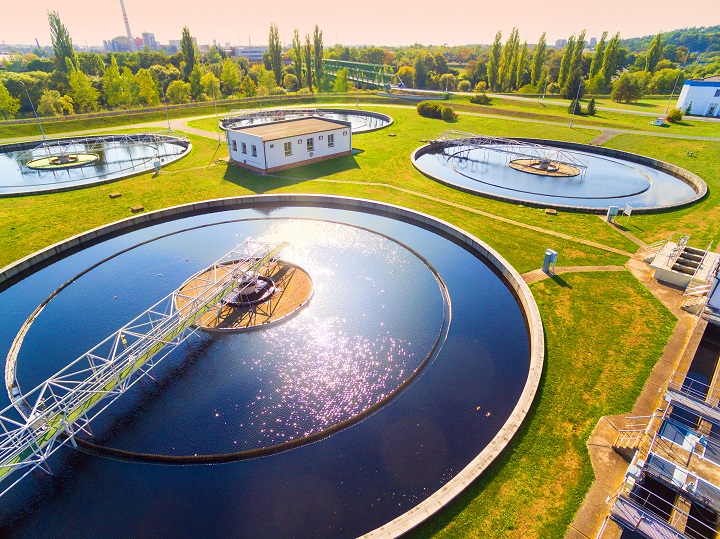
MOBILE TREATMENT PLANTS
Ensuring healthy water is essential when the normal supply for the population fails. Container treatment plants and ultrafiltration prepare quality water from almost any source, surface or underground. Building the technology in a container ensures mobility and fast and easy installation. A container treatment plant can serve as a reinforcement of the existing source, as a replacement in case of the existing source failure or as a source in localities without established infrastructure
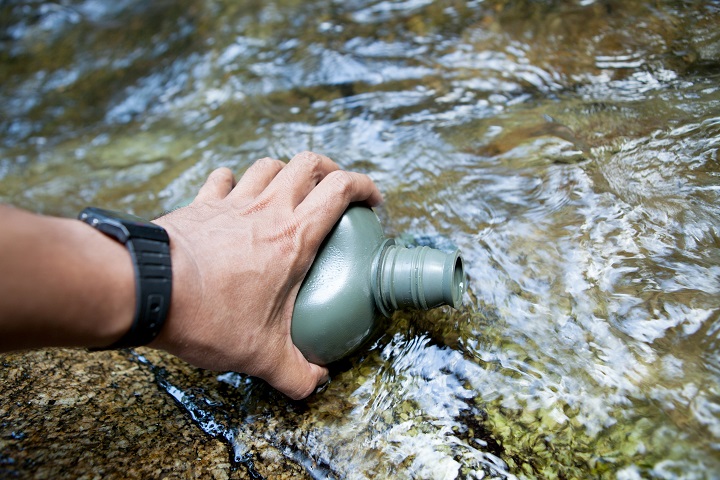
TERTIARY CLEANING OF OUTFLOW FROM WASTEWATER TREATMENT PLANTS
Tertiary final cleaning has currently become an important part of technological lines of treatment plants. There are several reasons, especially the need to observe strict emission parameters, to ensure the capture of sludges escaping from settling tanks at peak flows and to ensure higher quality of outflow even in standard operation. The ideal solution for the filtration of outflows from treatment plants is micro-screen drum or disc filters (for more information, see IN-EKO Team s.r.o.). In combination with coagulation, they represent an effective solution of the issues of eutrophication of streams and reservoirs due to the reduction of phosphorus transfer from resources to recipients.
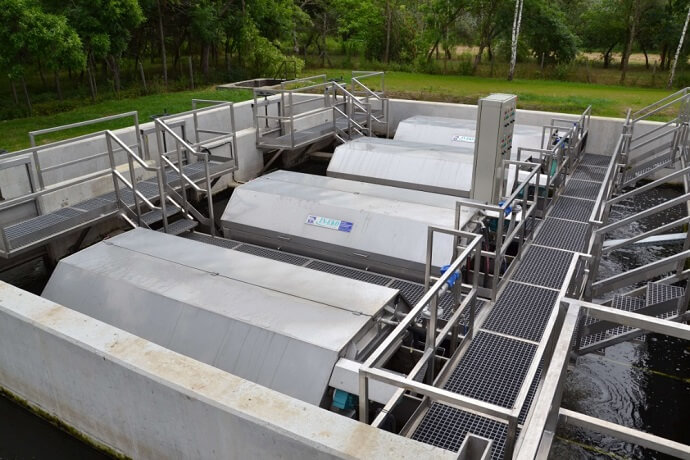
If requirements for water quality are higher due to recycling and re-use of water from treatment plants, we offer a solution based on combination of micro-screen filtration and membrane processes. The final proposal of the integrated technology is always built on specific requirements regarding quality and capacity.
